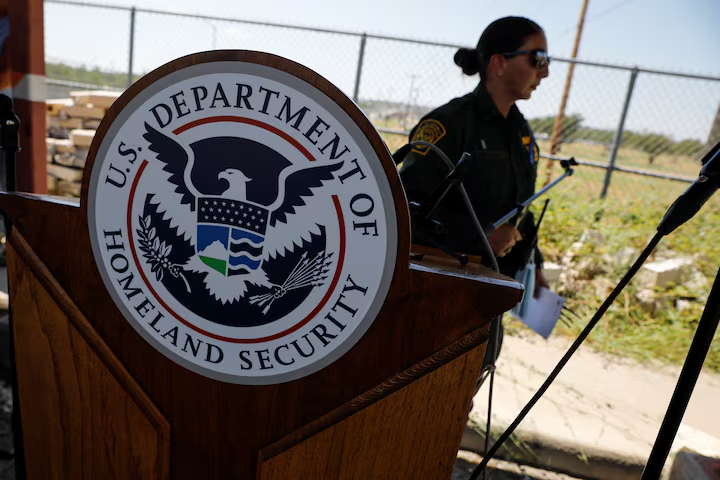
July 22, 2025 | Washington, D.C.| The U.S. Department of Homeland Security (DHS) is preparing to introduce a major change to the way H-1B cap-subject petitions are selected, potentially moving away from the long-standing randomized lottery system. A proposed rule titled “Weighted Selection Process for Registrants and Petitioners Seeking to File Cap-Subject H-1B Petitions” has been submitted by DHS and is currently under review by the Office of Management and Budget (OMB).
While the full contents of the proposed rule have yet to be published, there is growing speculation that the new system could favor H-1B petitions based on wage levels. Under such a structure, petitions that offer higher salaries—aligned with the upper tiers of the Department of Labor’s wage levels—may be prioritized during the selection process. If implemented, this would significantly alter how companies approach hiring skilled foreign professionals, particularly those in high-demand industries such as technology and healthcare.
This is not the first attempt to reform the H-1B selection mechanism. A similar proposal was introduced under the Trump administration, aiming to replace the randomized system with a wage-based one. However, that rule was blocked in federal court and later formally withdrawn by the Biden administration. The current administration appears to be revisiting the concept, potentially with adjustments that could help it withstand legal challenges. Whether the new version will clear judicial scrutiny or face resistance in the courts remains to be seen.
For now, the current random selection process remains the standard. But the potential rule change could have far-reaching implications for employers and foreign professionals alike. Employers considering H-1B sponsorship in the upcoming fiscal year are advised to prepare for the possibility that the selection process could shift toward favoring higher-paying roles. This may require adjusting compensation strategies or prioritizing petitions for senior-level and specialized positions.
The legal and immigration communities expect the rule to trigger significant debate and possibly litigation, which could impact the timeline of its implementation. If the OMB completes its review and the rule is published in the Federal Register, it will be subject to a public comment period before becoming final.
The NPZ Law Group, which specializes in U.S. and Canadian immigration and nationality law, is closely monitoring the progress of this proposal. They caution that any overhaul of the H-1B system will carry consequences for workforce planning, particularly for employers that rely on global talent. Stakeholders are encouraged to stay informed and consult legal experts to evaluate how wage-based selection could affect future hiring practices and visa sponsorship strategies.



